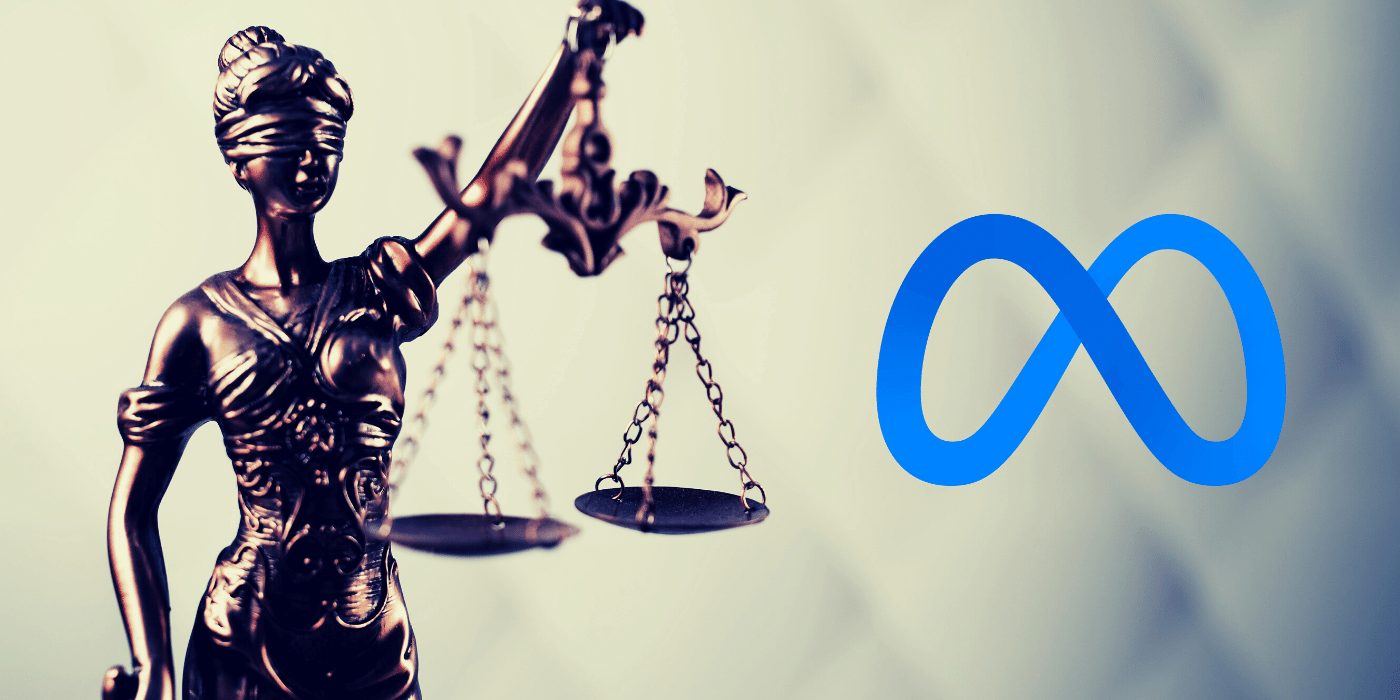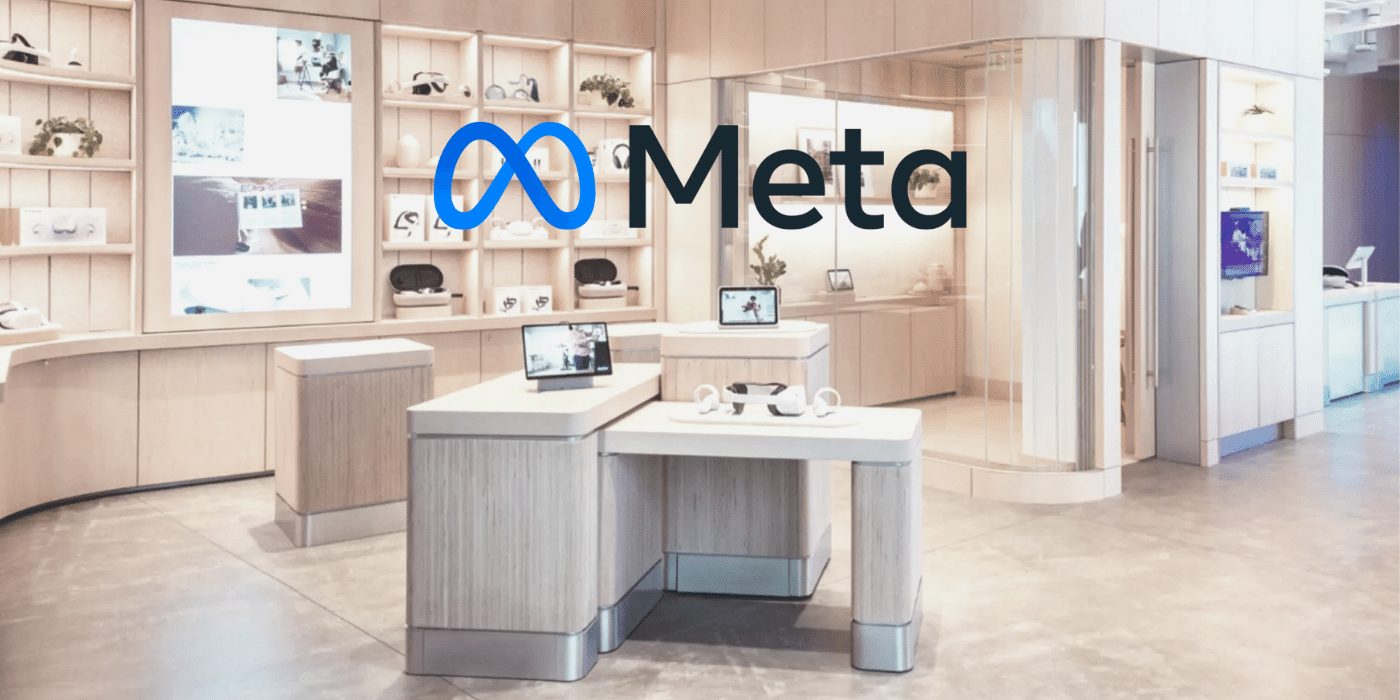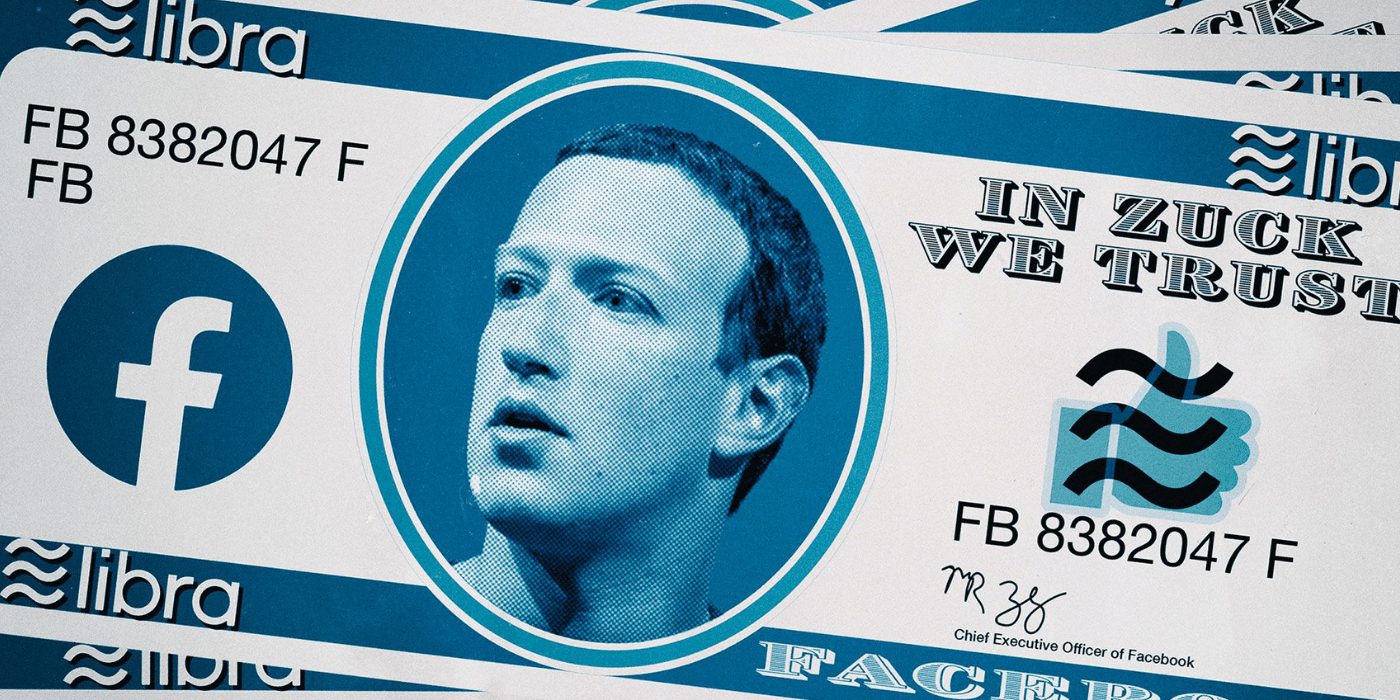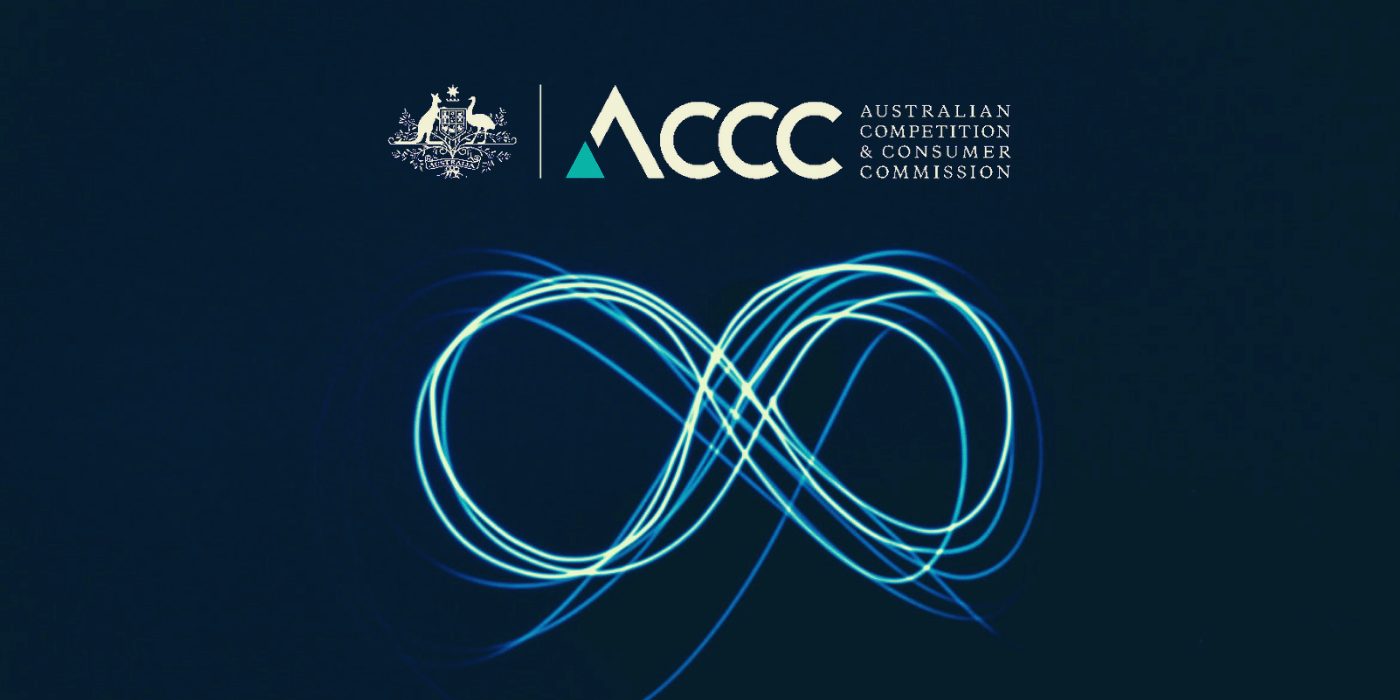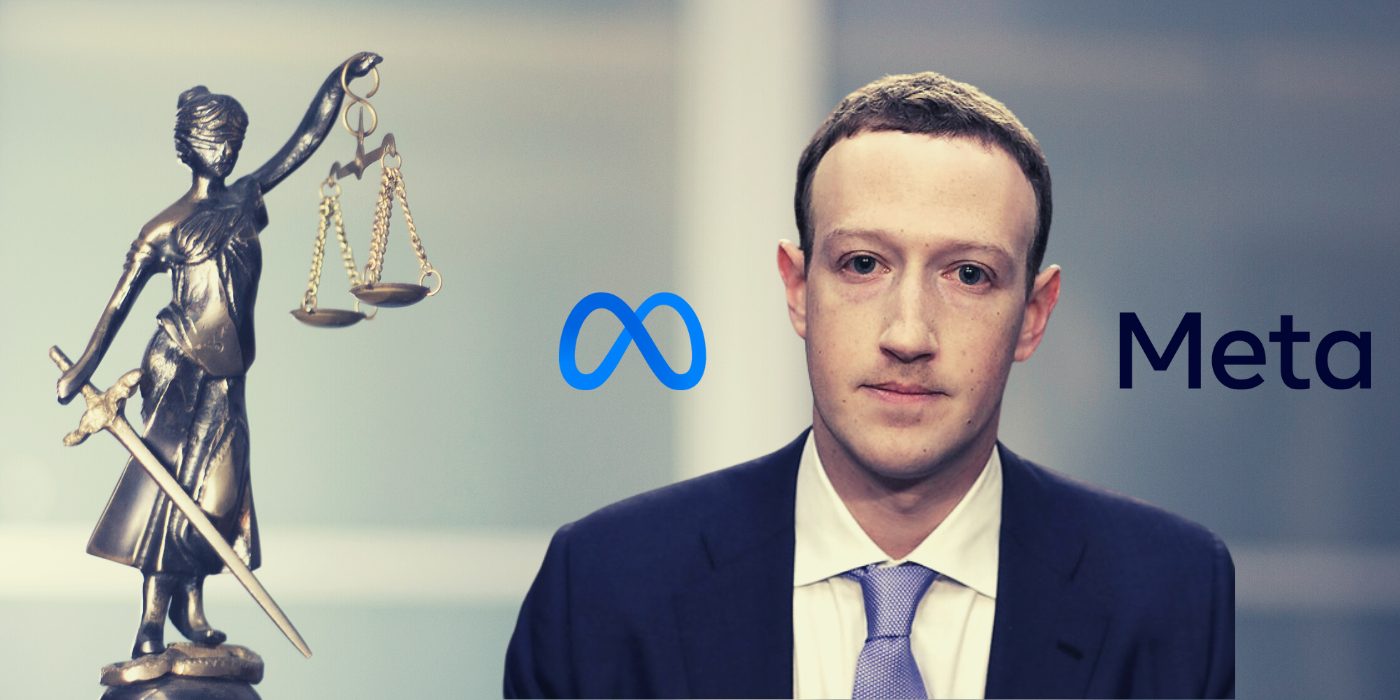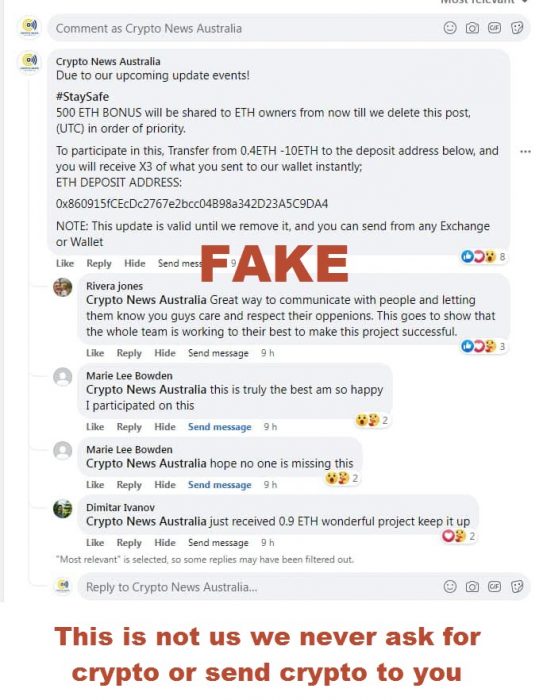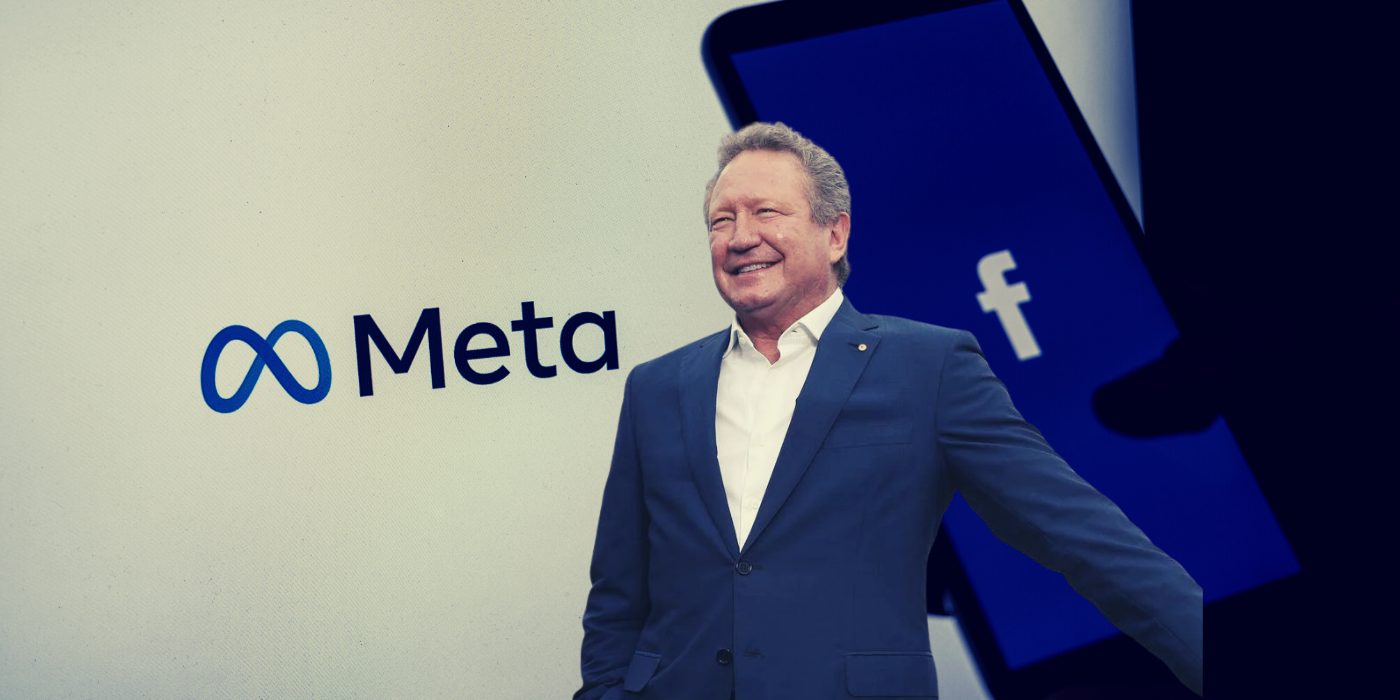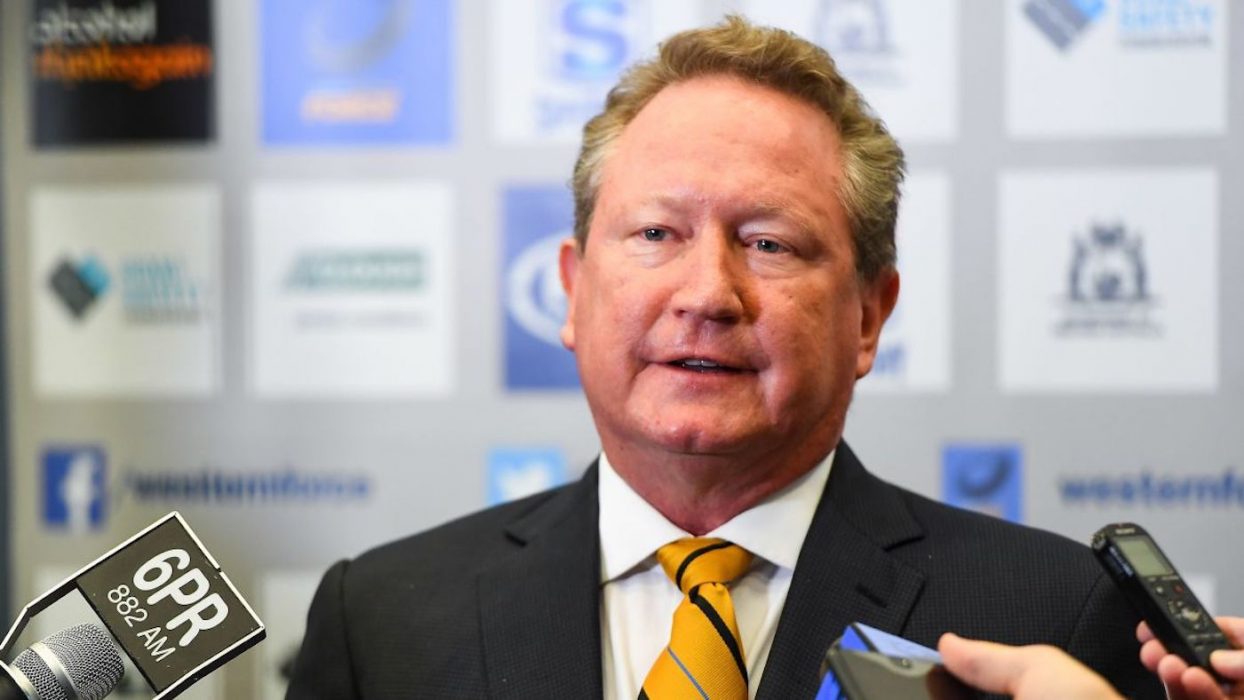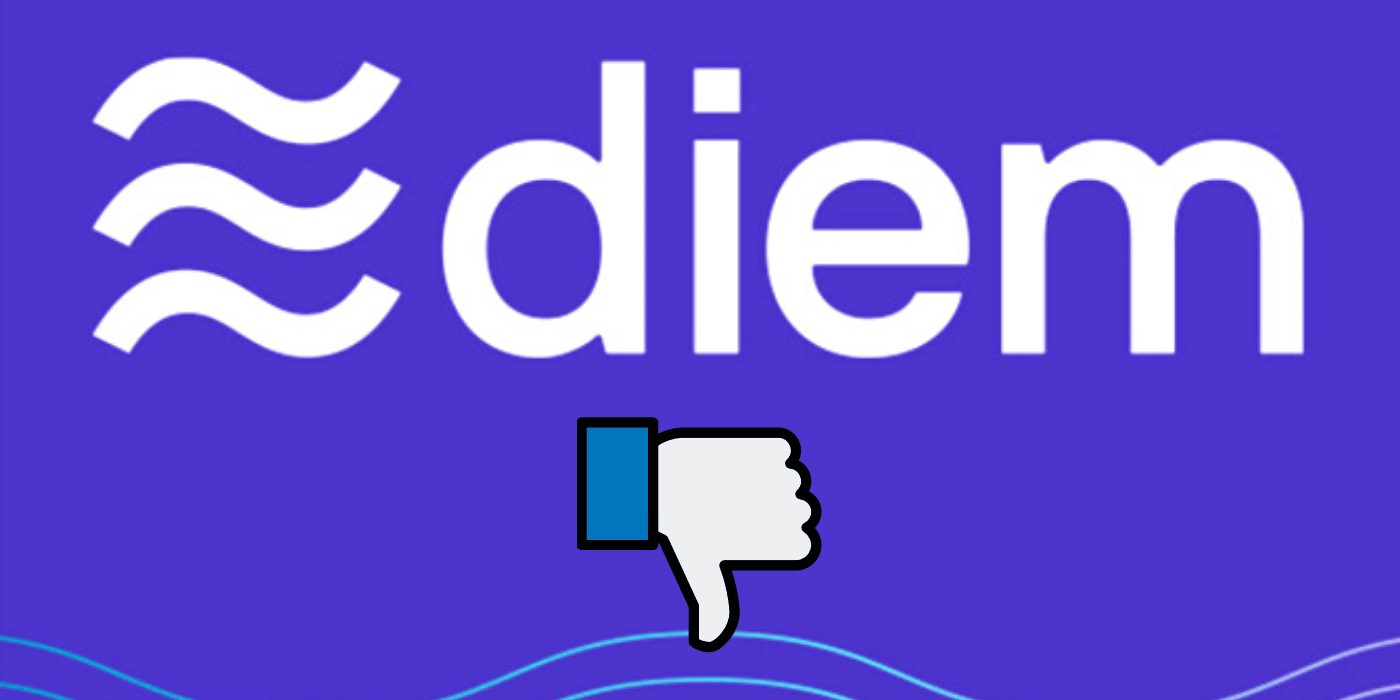The US Federal Trade Commission (FTC) has shared a media release indicating its intentions to sue Meta and block its acquisition of Within, a VR fitness app maker.
The lawsuit, filed in the US District Court for the Northern District of California, comes off the back of rising concerns over Meta’s plans for metaverse expansion:
Meta Marches Toward a Monopoly
The purchase of Within may not be so significant on its own; however, the FTC has concerns it could be Meta’s first step towards holding a monopoly over the metaverse:
In its media release, the FTC stated that it sought to block the purchase and alleges that Meta is attempting to stifle VR fitness competition from independent studios. The commission’s final vote was 3-2 in favour of blocking the deal.
With Meta already owning ‘Beat Saber’, which many deem a fitness app, there is concern that the purchase of Within could stifle competitive innovation. However, Nikhil Shanbhag, Meta’s vice president and associate general counsel, has challenged this notion.

The idea that this acquisition would lead to anticompetitive outcomes in a dynamic space with as much entry and growth as online and connected fitness is simply not credible.
Nikhil Shanbhag, Meta vice president/associate general counsel
The FTC’s plans to prevent the purchase of Within are not the only new information to come to light this week. Meta’s latest earnings report for Q2 revealed that the tech giant’s Facebook Reality Labs (FRL) division recorded a loss of US$2.81 billion, only a slight improvement on its Q1 loss of US$2.96 billion.
Meta is seemingly not fazed by these figures. Instead, the company is focusing on establishing its metaverse sector for what it hopes will be a successful 2030s decade.
Other Metaverse Developments
Of late, there have been multiple developments regarding the metaverse and its adoption. In April, Meta announced plans to open a physical metaverse-themed store in the San Francisco Bay area. Plans for the store include wall-to-wall curved LED screens to display what users would see when using virtual reality (VR) headsets. Its overall purpose is to provide demos and show the public how VR and metaverse tech work.
This week also saw new initiatives from Sandbox creator Animoca Brands, which has announced an alliance with several prominent Web3 companies to develop a new decentralised autonomous organisation (DAO). The DAO will prioritise users’ asset ownership capabilities and return autonomy to the owners of digital assets.

